Understanding Battery Liquid and Vinegar Interaction
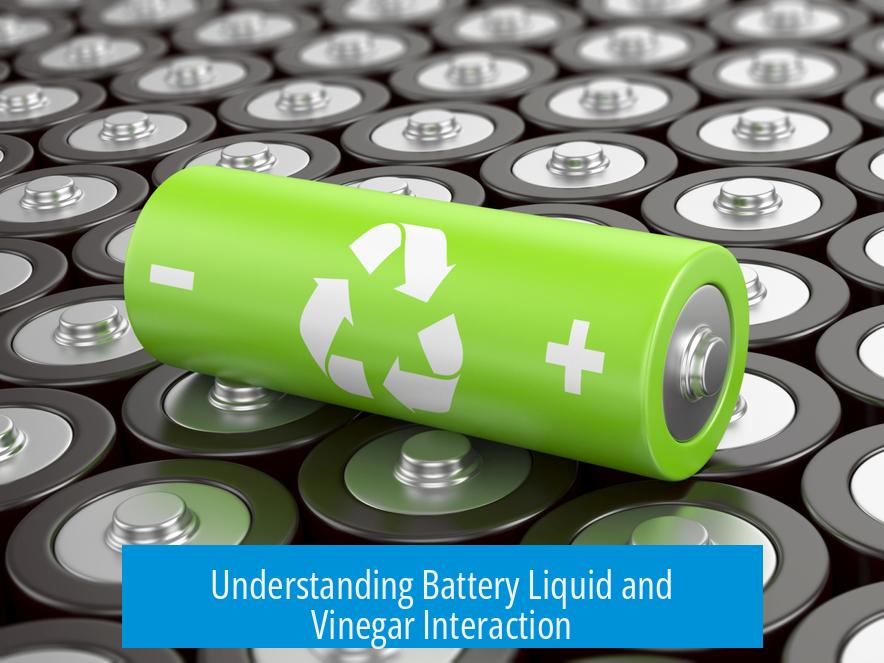
Vinegar effectively cleans household battery leakage because it neutralizes alkaline residues, but it is not suitable for car battery acid spills. This distinction depends on the type of battery liquid involved and its chemical nature.
Types of Battery Liquids
- Car Batteries: Contain sulfuric acid, a highly corrosive substance.
- Household Batteries (AA, AAA): Mostly alkaline, meaning their electrolyte is basic, not acidic.
Composition of Household Battery Leakage
When alkaline batteries leak, the residue visible is largely potassium carbonate with some potassium hydroxide. This residue is basic, causing corrosion or white crystalline deposits around the terminals.
Why Vinegar Works on Household Battery Leakage
Vinegar is a mild acid (acetic acid). When applied to alkaline leakage, it reacts chemically to form potassium ethanoate, carbon dioxide, and water, neutralizing the alkaline substance and facilitating cleanup.
Equation summary: Potassium hydroxide + acetic acid → potassium ethanoate + water + CO2
Despite this benefit, vinegar can damage electronic circuit boards (PCBs) if not used carefully.
Cleaning Recommendations
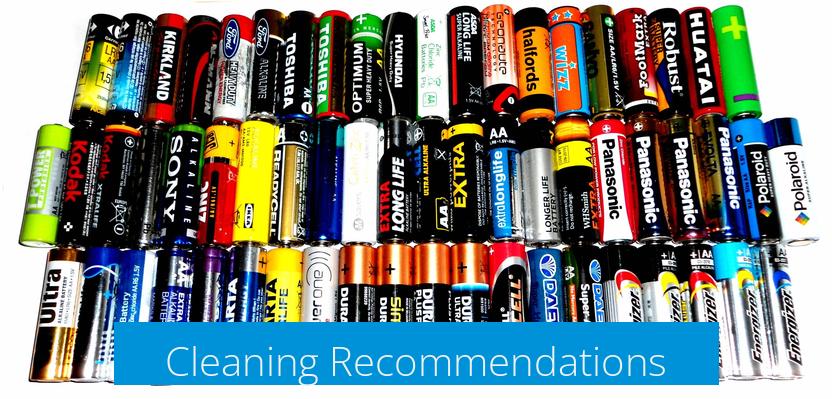
| Battery Type | Cleaning Agent | Reason |
|---|---|---|
| Car battery (acidic) | Baking soda solution | Neutralizes sulfuric acid without adding acidity |
| Household alkaline batteries | Water and gloves, or vinegar with caution | Water can dissolve potassium residues; vinegar neutralizes alkalinity but risks PCB damage |
Always use gloves and protective mats when cleaning leaked battery residues. Avoid attempting chemical reactions unless knowledgeable in safe handling.
Key Points to Remember
- Household battery leakage is alkaline; vinegar neutralizes it safely.
- Car battery acid is corrosive; baking soda is a safer neutralizer.
- Use water and gloves as a first step in cleaning battery leaks.
- Avoid using vinegar on sensitive electronics to prevent damage.
- Handle battery leaks cautiously to avoid hazardous reactions.
Battery Liquid and Vinegar: What Actually Happens When They Meet?
Can vinegar clean battery leaks safely? The short answer is yes—for alkaline household battery leaks, vinegar can neutralize the mess. But hold your horses! It’s not a one-size-fits-all solution, and using vinegar on other battery types isn’t just unhelpful—it’s downright dangerous.
Let’s jump into the nitty-gritty, so your next battery disaster doesn’t turn into a chemistry experiment gone wrong.
Unpacking Battery Liquids: Acid vs. Alkaline
First off, batteries come in different flavors. Not all spills are created equal.
- Car Batteries: These giant powerhouses use sulfuric acid—a strong, corrosive stuff. A spill here is a real chemical trauma. Vinegar? Nope, don’t even think about it.
- Household Batteries: AA, AAA, and their tiny cousins mostly use alkaline chemistry. Their leaks aren’t sulfuric acid but a basic substance. So, different mess, different clean-up.
Understanding what’s leaking is key. If you spot white powder or crusty residue around your household batteries, it’s mostly potassium carbonate mixed with a dash of potassium hydroxide. Sounds fancy, but think of it as alkaline dust.
Why Vinegar Works (and When It Doesn’t)
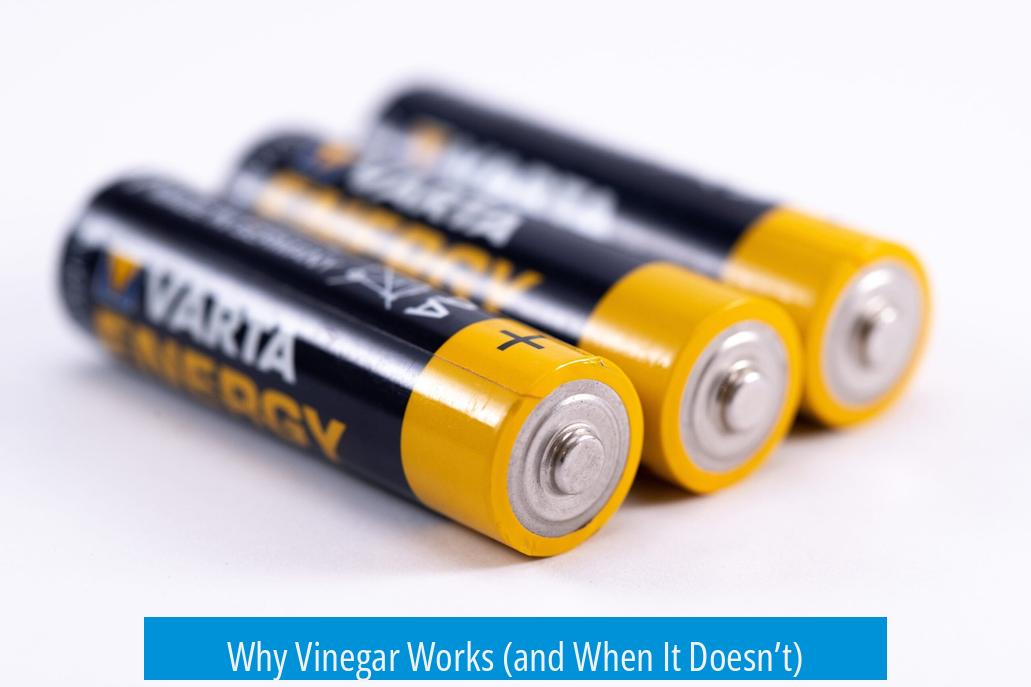
Vinegar’s magic lies in acid-base chemistry. The stuff in your pantry—acetic acid—will neutralize alkaline battery leaks effectively. When vinegar touches that alkaline residue, it reacts to form potassium ethanoate, carbon dioxide, and water. Baboom! The alkaline mess neutralizes into something less threatening, making cleanup easier.
But before you break open that vinegar bottle with glee, beware: if you’re cleaning spilled car battery acid, vinegar doesn’t help. Vinegar is acidic too, and pouring acid on acid doesn’t neutralize—it can make things worse.
Real-World Cleaning Tips: Be Smart, Stay Safe
Here’s where most people get it wrong. There’s chemistry involved, yes, but don’t go wild mixing solutions without gloves and proper knowledge. Safety over haphazard experiments is the rule of thumb.
- For Car Battery Acid Spills: Use baking soda (sodium bicarbonate). It’s basic—exactly what you want to neutralize that sulfuric acid. The reaction fizzles, and you can then clean up safely.
- For Household Battery Leaks: The simplest method is just water. Water dissolves potassium carbonate and potassium hydroxide effectively. No need to pull out vinegar unless you really want to neutralize the residue chemically.
- Use Gloves and Tools: Always wear gloves to protect your skin from irritants. Use a Q-tip or paper towel to collect loose debris. A small mat or newspaper underneath the work area prevents accidental spreading.
Here’s a quick tip: never try to “perform chemistry” as if you’re in a laboratory without knowing the risks. Most battery leaks dissolve in water. Stop and think before you start mixing liquids. You’re not a chemist—at least not when it comes to random battery accidents.
Electronics and Vinegar Don’t Mix Well
If your battery leakage happens inside electronic devices, be extra cautious. Vinegar can kill circuit boards faster than you can say “short circuit.” The acid in vinegar, while helpful in neutralizing alkaline leaks, may corrode delicate components on a printed circuit board (PCB). So, water + gentle wiping is your friend. Rushing to vinegar here is like using a sledgehammer to crack a nut.
Lessons Learned and Recommendations
So what’s the takeaway from this vinegar vs. battery liquid saga?
- Identify Your Battery: Acid car batteries and alkaline household ones handle spills differently.
- Neutralize Safely: Use baking soda for acidic car battery acid, water for alkaline household leaks.
- Vinegar Works for Alkaline Spills but don’t use it on electronics or acidic leaks.
- Don’t Play Mixologist: If unsure, stop, put on gloves, and use water. Chemistry without knowledge is risky.
Remember, battery leaks don’t have to turn into a home science project. Sometimes, the best solution is low-tech: gloves, water, patience. And if things seem dangerous or confusing, call a professional. Your safety is not worth risking for a quick cleanup.
Ever Had a Battery Leak Drama?
Maybe you’ve opened a remote or toy to see that mysterious white dust. What did you do? Did vinegar end up in the mix? Share your stories—or your cleaning wins and fails. Because here’s the real juice: understanding the difference between acids and alkalines might save your gadgets and your fingers next time your batteries decide to throw a leak party.
In the chemical showdown of battery liquid and vinegar, knowledge is power. (Pun intended!)
What type of battery liquid reacts with vinegar?
Vinegar reacts with alkaline battery leakage, mainly potassium carbonate. It neutralizes the residue, forming potassium ethanoate, carbon dioxide, and water.
Can vinegar be used to clean car battery acid spills?
No. Car batteries contain sulfuric acid, which should be neutralized with baking soda, not vinegar.
Is it safe to use vinegar on electronics with battery leaks?
Vinegar can damage electronic circuit boards. It’s better to clean alkaline battery leaks with water and gloves, avoiding acids on electronics.
How should I clean a household battery leak?
Use water and gloves to clean the alkaline residue. A Q-tip helps remove loose crystals safely without chemical reactions.
Why is vinegar not recommended for all battery leaks?
Because only alkaline leakage reacts safely with vinegar. Acid spills need a basic neutralizer like baking soda, and using vinegar on acid leaks is unsafe.


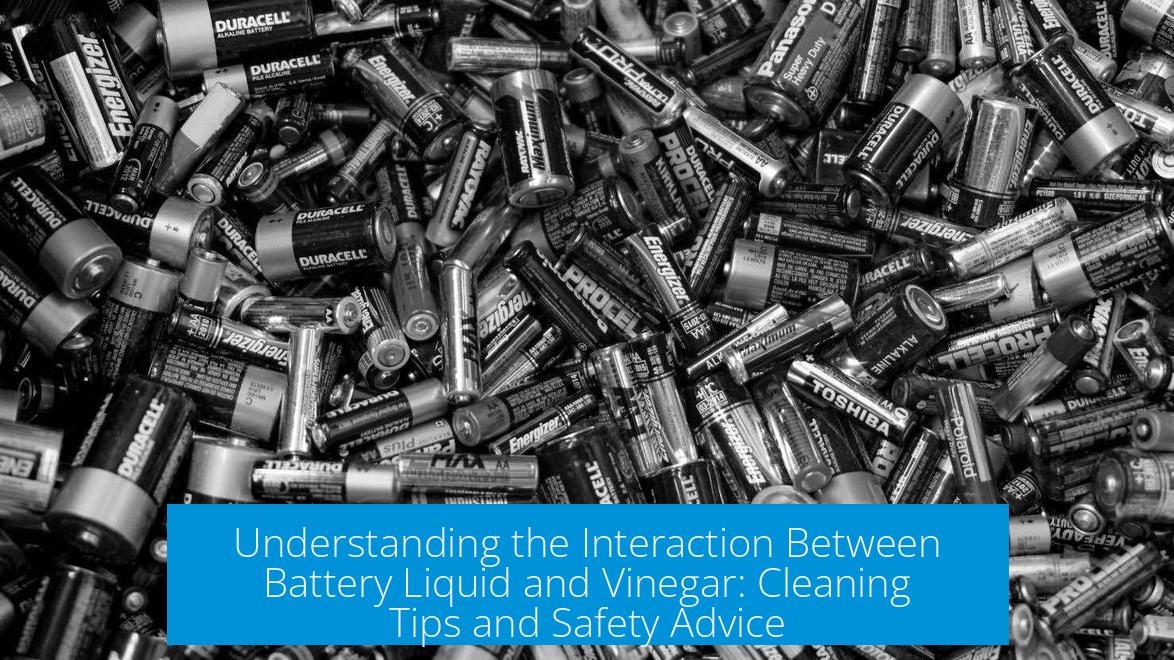
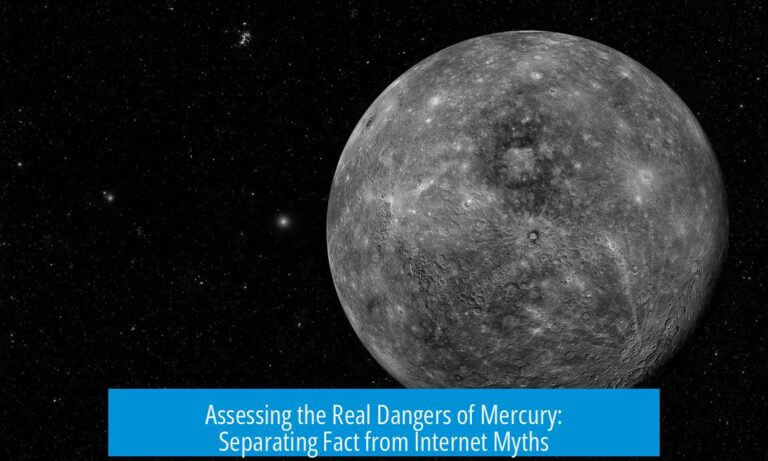

Leave a Comment